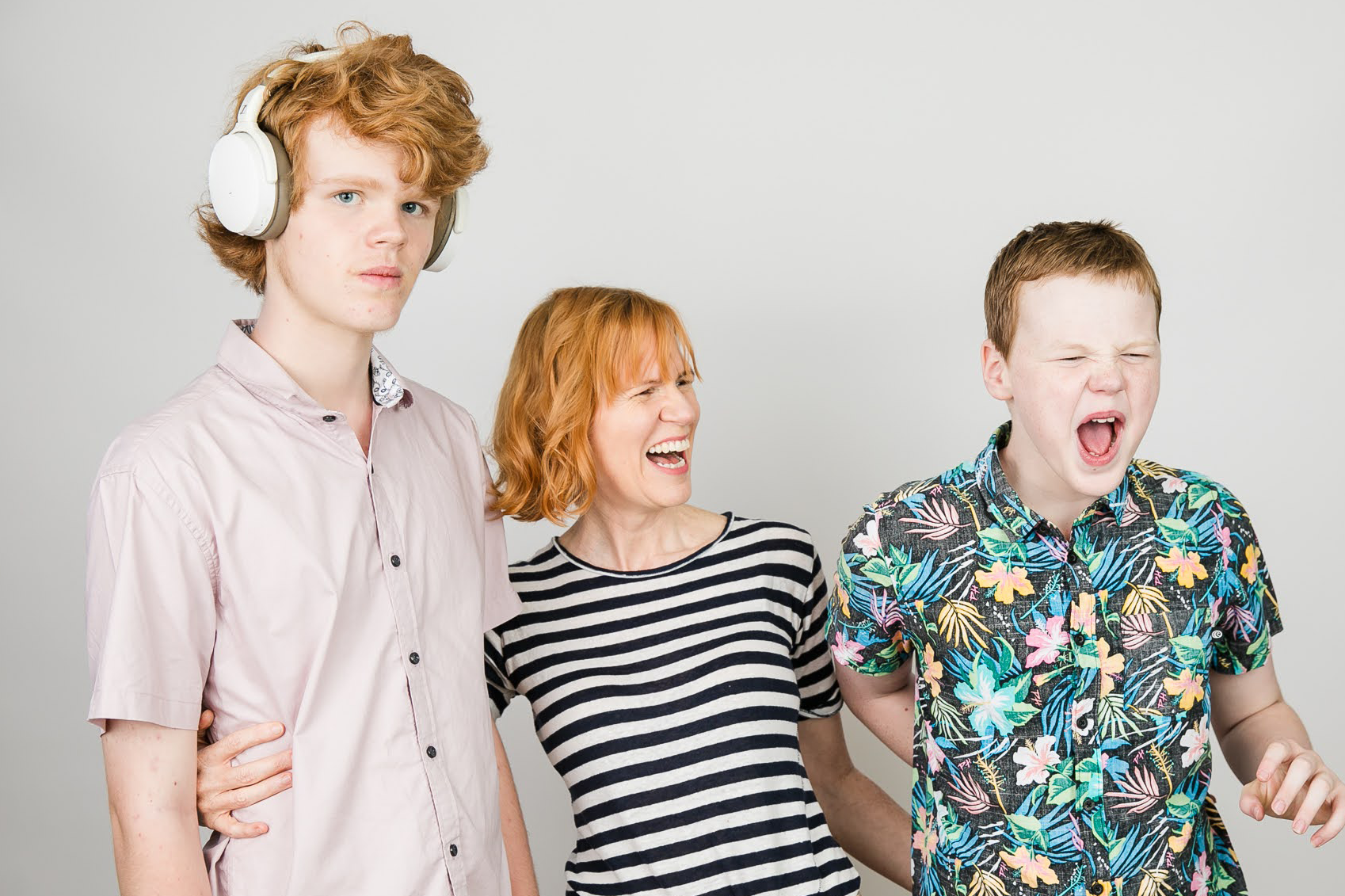Why would I employ autistic people?

This week someone asked me, “but, why would I employ autistic people?”
This is not an uncommon question! On this occasion, it came from a seasoned business owner. I had to smile as he has undoubtedly already employed autistic people! It's hard not to, given that 15-20% of the population are neurodiverse (an umbrella term to cover people with autism spectrum, dyspraxia, dyslexia, attention deficit hyperactivity disorder (ADHD), dyscalculia, tourette syndrome and others.
So, when I’m asked this question, what I think business owners mean is: Won't it be hard to work with an autistic person? Or maybe “I’m scared I wont know how to work effectively with an autistic person and I'm worried they will cost my business.”
I’m fortunate to work with the autistic and neurodiverse community. For me, it's a privilege to know and work with so many talented individuals. However, this is not the case for everyone, so let me elaborate.
What’s the issue?
In Australia, unemployment of Autistic people sits around 31%. This is three times higher than the unemployment rate of other disabilities and six times higher than people who don’t have a disability at all. In the United States, it is estimated that 85% of people on the spectrum are unemployed, compared to 4.2% of the overall population.
Not only does this have a significant impact from an economic standpoint, being underemployed negatively impacts a person’s mental health. We know that loneliness and social isolation from being unable to work contributes to mental distress and associated mental health conditions, which is also costing the Australian Government in the order of $11B annually.
What is it really like to work with autistic people?
When I talk to people about autism, people who haven’t had direct experience with the autistic community often immediately think of Raymond from Rain Man or Sheldon from The Big BangTheory. Whilst these characters are well known, they really only depict a small percentage of autistic people. Additionally, there is another school of thought that believes all autistic people are genius savants, like Dr. Virginia Dixon from Grey’s Anatomy and Dr. Shaun Murphy fromThe Good Doctor, and therefore don’t understand what the problem is, or why we would need to make accommodations for such talented, brilliant and accomplished people.
People who think like this don’t realise what autism actually is, or that it affects individuals to varying degrees. This means different people may need more or less support in different areas compared to others. For example, Jane might need a lot of support when following a complex set of instructions, whereas John is extremely capable of independently doing that, and instead needs extra support in managing his sensory needs. This is not dissimilar to other disabilities, which would require varying amounts of support in the person’s life throughout different stages in their life.
Autistic people often think differently, and may have difficulty with social interaction, engagement, and communication. Contrary to popular belief, this does not mean they don’t want to establish relationships, but they may have some difficulty understanding verbal and non-verbal communication (such as body language), which can prove difficult in certain situations, especially in the workplace.
Autism is often invisible, which makes it hard for workplaces and colleagues to recognise, understand, and accommodate. It is also especially difficult because it is not a “one size fits all”condition, and there is no single characteristic that every single autistic person possesses. As Dr Stephen Shore says, “if you’ve met one person with autism, you’ve met one person with autism”.
There are a lot of myths and stereotypes about the types of jobs that are and aren’t suitable for autistic people. A common stereotype is that they are best suited to technology roles. Although this can be true, the reality is that autistic people come from all walks of life and backgrounds, and have a huge range of skills and passions.
But ... what do organisations get out of it?
Well, if the knowledge that you are helping tackle the issue of unemployment in autistic people isn’t enough for you, don’t fret, because there are significant benefits to hiring neurodiverse talent, both from an individual and organisational perspective.
From unique skill sets to an intense attention to detail, autistic traits prove very useful for workplaces. They are very useful for problem solving tasks, as it means they consider a broader range of possibilities and are less likely to make assumptions. Autistic people can bring unique perspectives with a diversity of thought that can lead to more innovative solutions and valuable ways of thinking that may also have significant commercial benefits for organisations.
Even traits that may initially be seen as unhelpful and merely an irritating inconvenience can actually be a valuable asset. For example, some autistic individuals may struggle with abstract thinking, such as sequencing, organising and planning ahead. For this reason, it's common for them to enjoy having a routine and familiarity. Whilst some people may just see this as a weakness, in a workplace, it can actually be very useful. Research also suggests that autistic employees tend to be reliable, trustworthy and conscientious, and typically complete work to a high standard.
Additionally, talent shortages are significant with recent reports suggesting significantly low supply of available workers, which has translated to almost a third (31%) of businesses struggling to find suitable workers [ABS data].
Most of these businesses attributed their struggles to applicants not having the required skills(59%) and a lack of applicants (79%).
The inability to find workers is also not sector-specific, with the shortage affecting every industry, which means tapping into a diverse range of talent may help turn the tide on these labour shortages.
Ok, so how do I actually go about hiring autistic people?
Now you have the facts and benefits of hiring autistic people, it doesn’t stop there. Setting your people up for success is critical, whether they are neurodiverse or not.
When hiring autistic or neurodiverse candidates, there are a few things that will help make it successful.
Firstly, ditch the traditional interview process. Observing and assessing people based on what they can actually do in your organisation or team is going to be a far better metric than whether they can answer your interview questions in the way you’ve come to expect.
You’ll also need to consider all your people processes, from hiring, through to onboarding as well as ensuring your culture is inclusive. This includes how you manage your career progression processes so it’s just a linear career path that defines success.
Organisations should focus on creating an inclusive culture by respecting differences and looking how you can provide mentors to support neurodivergent thinkers - not just in career path planning, but in navigating the workplace idiosyncrasies. I recommend creating a sense of belonging, not just acceptance.
Is your organisation up for the challenge?
I’d like to challenge organisations... What roles could autistic people NOT fill?
Why isn’t it about looking at the strengths or your candidate and establishing the role that suits the individual best? After all, we don’t put neurotypicals into a box and mandate specific roles for them.
We need to start thinking of those in the autistic community as differently abled rather than disabled. You don’t have to be Elon Musk or Anthony Hopkins to be autistic and successful in the workforce - every autistic person who has the capacity and wants to work should be able to access the work opportunities they are interested in. If we focus on individual strengths and unique capabilities of all our people, we will start to create a culture where all people are able to do their best work.
So, why should you employ neurodiverse talent? The real question should be, why wouldn’t you?!
Michelle Ridsdale
Founder
+61 409 037 061
michelle@kaboose.app






